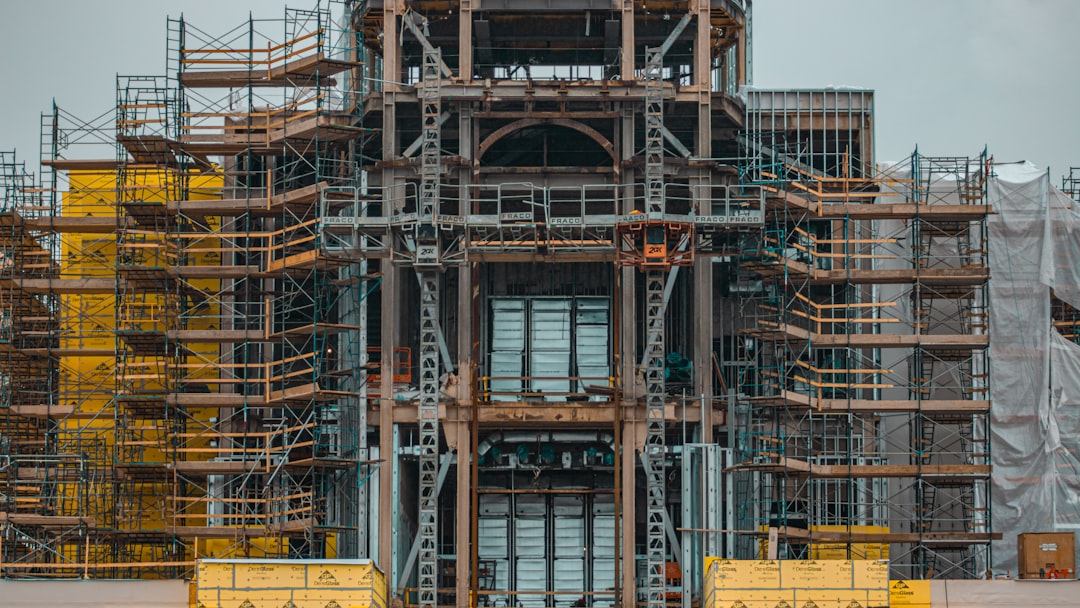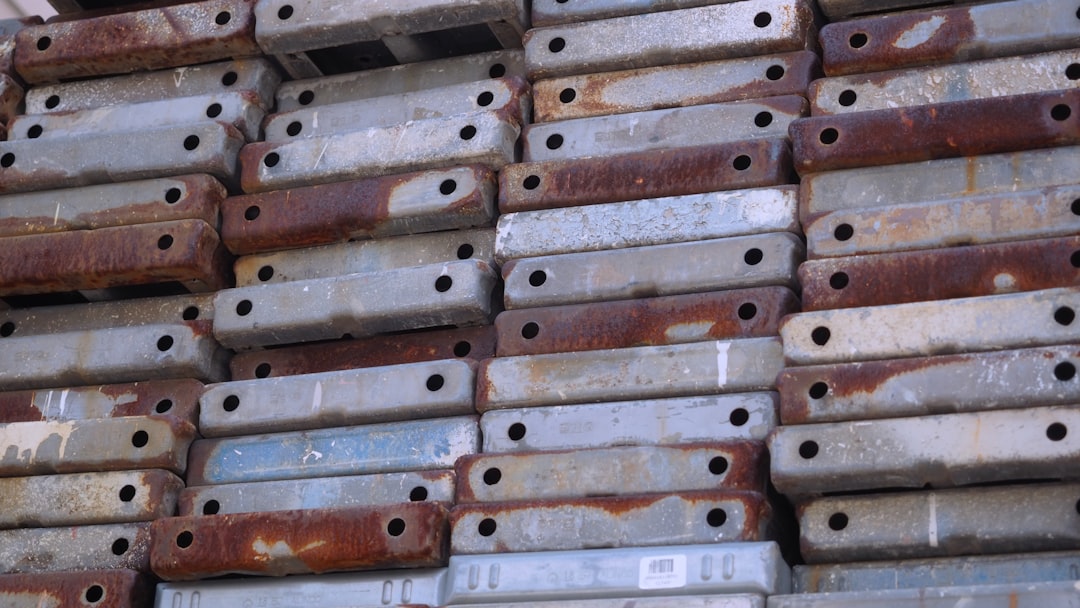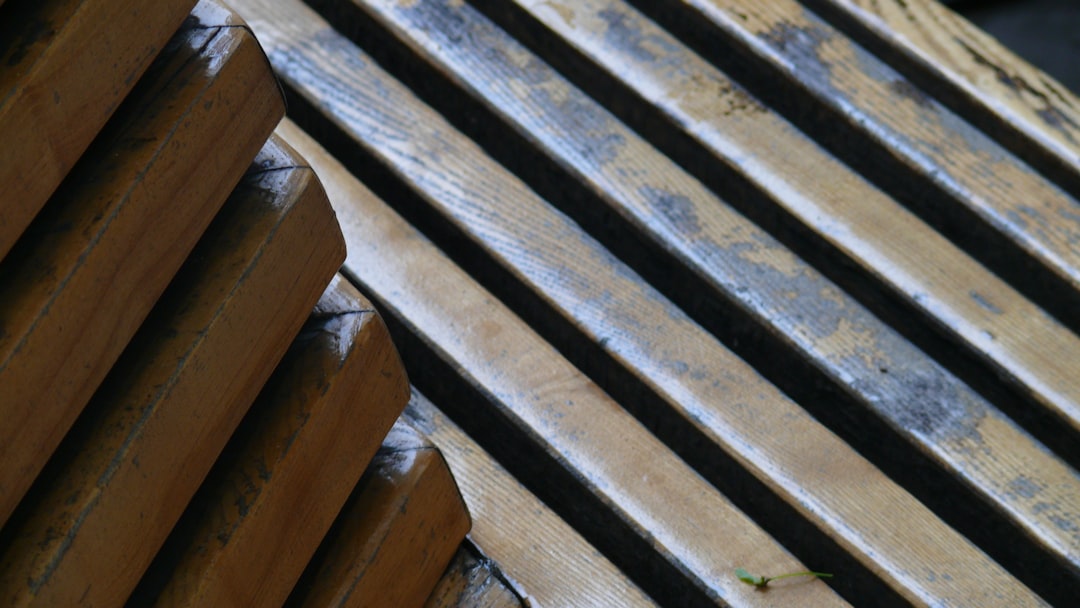A Guide to Quality Standards for Structural Steel in the UAE's Construction Sector
Introduction: Building the Future on a Foundation of Steel
The United Arab Emirates (UAE) is globally renowned for its ambitious and architecturally daring construction projects. From the world's tallest building, the Burj Khalifa, to intricate bridges and expansive industrial zones, structural carbon steel (CS) is the backbone of these modern marvels. Given the scale and complexity of these structures, the quality and integrity of steel products are not just a matter of preference—they are a subject of stringent regulation and uncompromising standards. Using high-quality, certified steel is fundamental to guaranteeing the safety, durability, and longevity of every construction project. This article provides a comprehensive overview of the critical quality standards and certifications governing structural steel in the UAE.

The Indispensable Role of Quality-Assured Steel
In a region known for its extreme environmental conditions, from high heat and humidity to saline coastal air, the materials used in construction must be exceptionally resilient. Substandard steel can lead to catastrophic structural failures, jeopardizing lives and resulting in immense financial and reputational damage. Quality assurance ensures that steel components possess the required mechanical properties, such as tensile strength and ductility, and the correct chemical composition for weldability and corrosion resistance. This focus on quality supports both engineering innovation and the long-term sustainability of the built environment.
Navigating the Regulatory Landscape: Key Authorities
Several federal and local government bodies are responsible for establishing and enforcing material standards in the UAE's construction industry. Their collective oversight ensures that all steel products entering the market are fit for purpose and meet rigorous safety benchmarks.
The Ministry of Industry and Advanced Technology (MoIAT)
The MoIAT plays a central role in regulating industrial products nationwide. It has implemented new regulations to enhance the traceability of steel from its origin to its final use. This initiative is designed to prevent the use of counterfeit or substandard materials by creating a transparent and monitored supply chain.
Emirates Conformity Assessment Scheme (ECAS)
Mandated by the MoIAT, the Emirates Conformity Assessment Scheme (ECAS) is a crucial program for products sold in the UAE. It requires that all manufacturers and suppliers of reinforcing steel obtain ECAS certification to prove their products comply with approved standards. This certification is a prerequisite for market access and involves verification by accredited third-party organizations, known as Notified Bodies. The ECAS certificate is valid for one year and must be renewed annually.
Emirates Quality Mark (EQM)
While ECAS is mandatory for regulated products, the Emirates Quality Mark (EQM) is a voluntary certification that signifies a higher level of quality assurance. The EQM demonstrates that a product not only meets the relevant standards but is also manufactured under an effective Quality Management System (QMS) that ensures continuous compliance. The EQM is increasingly sought after by manufacturers looking to signal their commitment to excellence.
Dubai Central Laboratory (DCL)
At the emirate level, the Dubai Municipality, through its Dubai Central Laboratory (DCL), provides a critical conformity assessment service. DCL certification is a mandatory requirement for many construction materials used in Dubai's projects. It confirms that products like steel reinforcement bars meet specific local and international standards for mechanical performance and chemical composition. For contractors in Dubai, using DCL-certified steel is non-negotiable, ensuring compliance with municipal building codes and streamlining the project approval process.

Core International Standards Adopted in the UAE
The UAE's framework for steel quality is built upon well-established international standards. This harmonization ensures that local practices align with global best practices, facilitating international trade and collaboration. Key standards include:
ASTM International Standards
Standards from the American Society for Testing and Materials (ASTM) are widely adopted in the UAE. They cover a broad range of specifications for structural steel products.
- ASTM A36: A standard for carbon structural steel shapes and plates.
- ASTM A615/A615M: The standard specification for deformed and plain carbon-steel bars for concrete reinforcement.
- ASTM A706: Covers low-alloy steel deformed and plain bars for concrete reinforcement, particularly where enhanced weldability or restricted mechanical properties are required.
British Standards (BS) and European Norms (EN)
British and European standards are also fundamental to the UAE's steel industry, especially for reinforcing steel and structural sections.
- BS 4449: This British Standard specifies requirements for weldable reinforcing steels (bar, coil, and decoiled product) used for the reinforcement of concrete structures.
- BS 4483: Pertains to steel fabric for the reinforcement of concrete.
- EN 1090: Governs the execution of steel and aluminum structures and requires CE Marking to demonstrate compliance, which is often relevant for international projects in the region.
ISO Standards
The International Organization for Standardization (ISO) provides a global benchmark for quality. Key standards include:
- ISO 9001: This standard for Quality Management Systems is crucial. Certification to ISO 9001 demonstrates a manufacturer's commitment to consistent quality, customer satisfaction, and continuous improvement.
- ISO 6935: This multi-part standard specifies the requirements for steel for the reinforcement of concrete, including ribbed bars.
The Certification Process: A Mark of Trust
Obtaining certification from bodies like DCL, or a Notified Body for ECAS, is a rigorous process. It typically involves:
- Factory Assessment: Auditors evaluate the manufacturer's production facilities and quality management systems.
- Product Testing: Samples are sent to an accredited laboratory for comprehensive mechanical and chemical testing to verify compliance with the relevant standards.
- Traceability and Documentation: The manufacturer must demonstrate a robust system for tracing products from raw materials to the finished item.
- Ongoing Surveillance: Certification is maintained through regular audits and unannounced inspections to ensure continued compliance.
This process ensures that a certification mark, whether from DCL, CARES, or another body, is a trusted indicator of quality and safety.
Key Standards for Structural Steel in the UAE
| Standard/Certification | Regulating Body/Issuer | Applicability | Key Focus |
|---|---|---|---|
| ECAS | MoIAT | Mandatory for reinforcing steel | Product conformity with approved UAE standards. |
| DCL Certification | Dubai Municipality | Mandatory for projects in Dubai | Compliance with local and international standards. |
| EQM | MoIAT | Voluntary | Overall product and quality management system excellence. |
| BS 4449 | British Standards Institution | Widely adopted for rebar | Weldable reinforcing steel for concrete. |
| ASTM A615 | ASTM International | Widely adopted for rebar | Carbon-steel bars for concrete reinforcement. |
| ISO 9001 | ISO | Foundational (System) | Quality management processes and consistency. |
| CARES | UK Certification Authority | Widely recognized | Specialist certification for constructional steels. |

Benefits for Contractors and Developers
For contractors and developers, prioritizing certified steel products offers tangible benefits:
- Guaranteed Compliance: Using DCL and ECAS certified steel ensures alignment with mandatory building codes, preventing costly project delays, rejections, or penalties.
- Enhanced Safety and Structural Integrity: Certified materials provide peace of mind that the structure is built to withstand design loads and environmental stresses.
- Streamlined Approvals: Projects using materials with clear certification documentation often experience faster approval from consultants and authorities.
- Improved Reputation: A commitment to using high-quality materials enhances a company's reputation for excellence and reliability.
Conclusion: Upholding Excellence in Every Beam and Bar
The towering skylines of the UAE are a testament to the nation's vision and engineering prowess. This success is built on a framework of standards and regulations that leave no room for compromise. For anyone involved in the UAE's construction industry—from manufacturers and suppliers to contractors and developers—a thorough understanding of and adherence to steel quality standards is not just a legal obligation but a professional responsibility. By embracing certifications like ECAS and DCL and aligning with global standards like ASTM and BS, the industry can continue to build a safe, resilient, and spectacular future.


